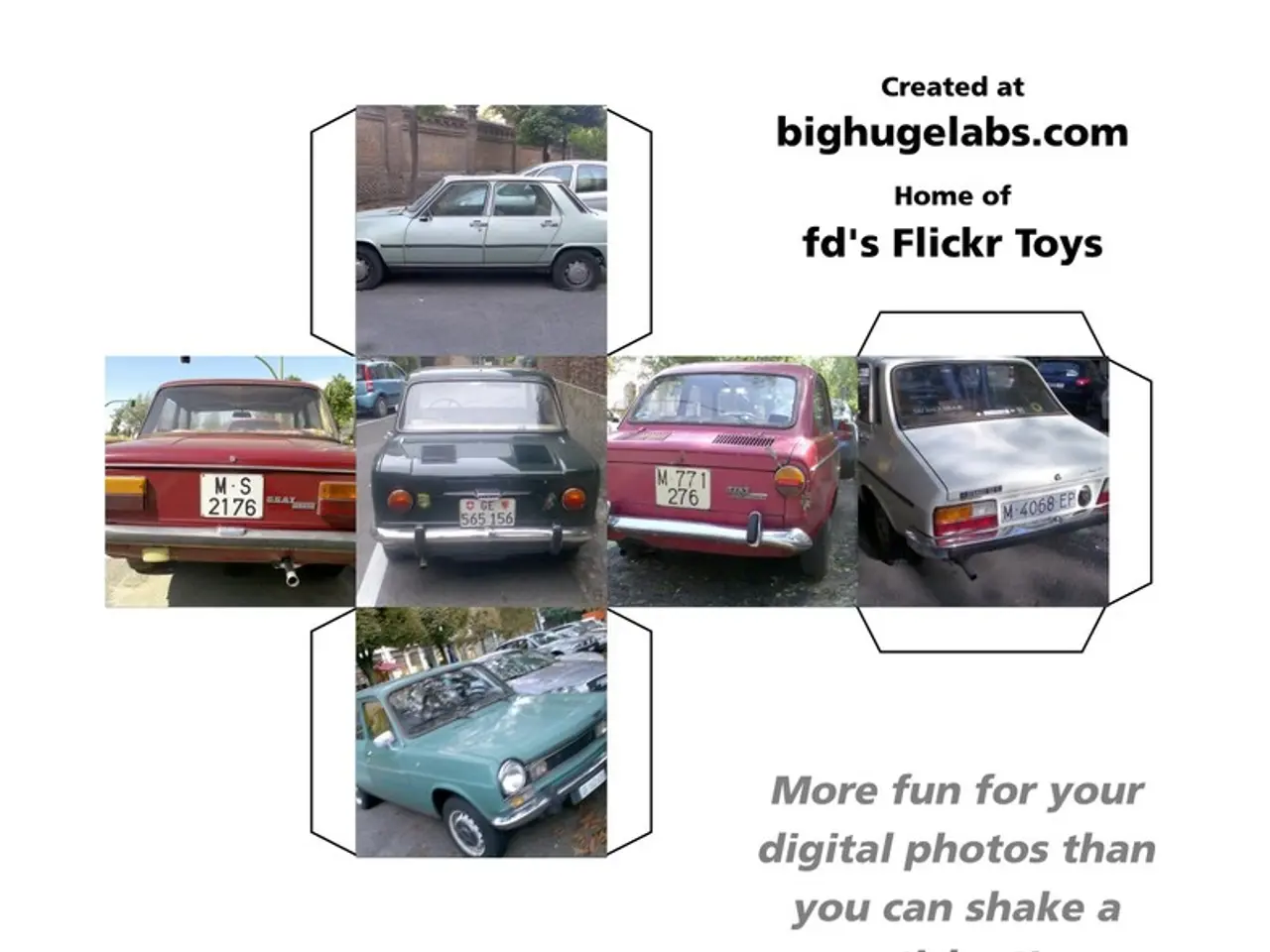European transportation's sustainability and competitiveness rely on a "green industrial agreement" that serves the interests of both corporations and residents, as discussed in an Editorial from August 2024.
The European automotive industry is preparing for a significant transformation, with a focus on electrification and climate neutrality. However, the pace of electrification is currently slowing down, highlighting the need for improved framework conditions for alternative fuel vehicles.
Ursula von der Leyen, the candidate for President of the Commission, has proposed a technology-open approach to meet the 2035 vehicle target. This approach emphasizes flexible regulatory frameworks that do not exclusively favor one technology over others, such as electric versus hydrogen. The aim is to allow diverse clean technologies to compete fairly in reducing vehicle emissions.
Von der Leyen's plan for the European Commission includes a "Clean Industrial Deal" and a focus on implementation and investment to achieve the climate goals. The automotive supply industry is investing heavily in this transition, with roughly €20 billion a year in capital expenditures towards climate neutrality in mobility and a third of its €30 billion R&D budget allocated to eMobility.
However, sustaining investments on this scale is becoming increasingly challenging due to eroding margins. An EU funding instrument, such as the EU competition fund, is needed to help de-risk the industrialisation of innovative automotive technologies and match support in other regions. This funding will help fund the transformation of existing production sites and the re-skilling of the existing workforce, securing a just transition.
Policymakers can reduce the regulatory burden by simplifying reporting requirements and improving regulatory coherence. Improving the framework conditions for alternative fuel vehicles includes enhancing charging and refuelling infrastructure, ensuring the availability of affordable green electricity and fuels, expanding grid capacity, and securing competitive access to raw materials and battery cells.
The well-to-wheel (WtW) or life-cycle analysis (LCA) approach is important for considering the combined emissions reduction potential of electricity and fuels. The LCA approach evaluates the total GHG emissions generated throughout the entire lifecycle of a vehicle, including production, use, and end-of-life disposal.
The objectives of the Green Deal require a healthy industry which can ensure the massive investments in new technologies. Benjamin Krieger, Secretary General of our website, emphasizes the need for swift and decisive action to establish and develop the foundation for the future industry. The next European Commission should focus on driving ambition to action, as outlined in its emerging priorities.
Ursula von der Leyen has also promised to stay the course on the climate goals for 2030 and 2050, and has added a 90% greenhouse gas (GHG) reduction target in 2040. The EU funding landscape is scattered and highly bureaucratic, and the need for a more streamlined approach is evident. The EU funding instrument will play a crucial role in helping the European automotive industry achieve its ambitious climate targets while ensuring a just transition for the workforce.
Read also:
- Indian Oil Corporation's Panipat Refinery secures India's inaugural ISCC CORSIA accreditation for Sustainable Aviation Fuel production
- Porsche Macan Accelerates into Second Generation of Electric Power
- Increasing Trend Downthe Globe: A Growing Number of Individuals Opt for Electric Vehicles Over Long Distances
- China is, unlike the United States, embracing technological progress rather than attempting to restrict it.







